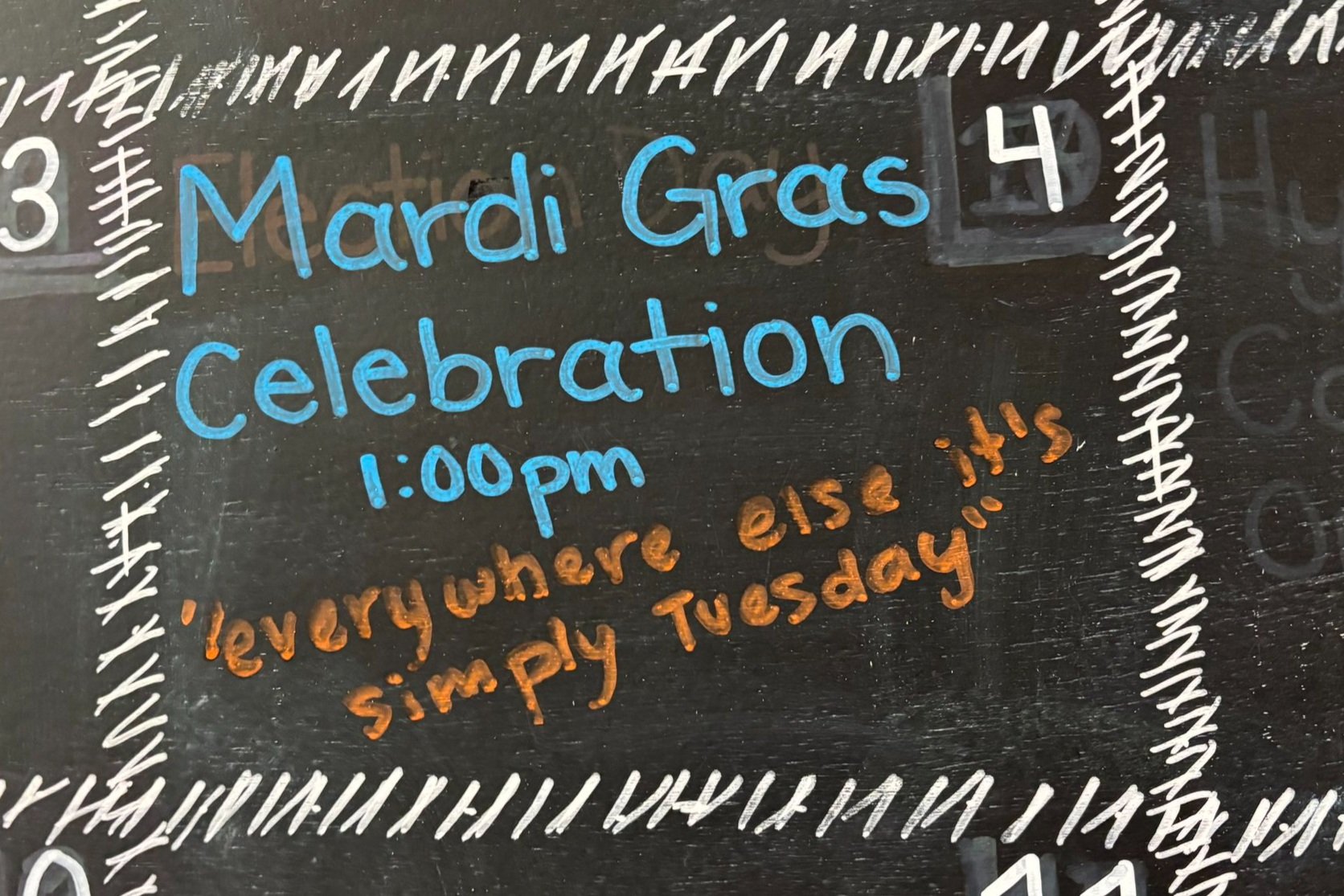Mardi Gras, a lively celebration that takes place in cities around the world, holds a much deeper significance than just an excuse to party. Its roots lie in centuries of tradition, cultural richness, and a sense of community that come together each year. The name “Mardi Gras” translates to “Fat Tuesday” in French, marking the last day of the Carnival season before Lent begins. While Mardi Gras is known for its parades, beads, and King Cakes, it’s also a time to reflect on the cultural and historical importance of this vibrant celebration.
The history of Mardi Gras dates back to ancient Europe, where festivals marked the beginning of spring. The tradition was brought to America by French settlers, with the first American Mardi Gras celebration taking place in 1699. New Orleans, in particular, became known for its extravagant Mardi Gras celebrations, starting in the early 19th century. Over time, Mardi Gras evolved into a unique celebration blending French, African, Spanish, and Native American cultural influences into one of the most iconic festivals in the world.
At its core, Mardi Gras is a cultural celebration that emphasizes creativity, tradition, and community. Parades organized by social groups called “krewes” are central to the event, with each krewe having its own traditions, themes, and symbols. Beads and other trinkets thrown during the parades symbolize the spirit of sharing and equality—everyone, regardless of status, is invited to join in the fun. The colors of Mardi Gras (purple for justice, green for faith, and gold for power) further represent the values that the celebration upholds.
Mardi Gras is also a time for people to come together as a community. In New Orleans, the celebration is not just for tourists; it is a deeply rooted part of the city’s culture. Families and friends unite to create costumes, cook traditional foods, and participate in parades. This sense of togetherness strengthens bonds between people, making Mardi Gras more than just an event but a reminder of the importance of community and shared experiences.
As Mardi Gras continues to evolve and draw global attention, it is important to preserve its cultural significance. The festival’s history and traditions must be protected, not just for entertainment but as a vital expression of heritage and identity. Mardi Gras is a celebration that blends joy with deep cultural meaning, and its preservation ensures that future generations can continue to appreciate its important history, vibrant creativity, and communal spirit!
The history and togetherness of Mardi Gras is a reminder that collaboration doesn’t have to end when the floats stop rolling. If you’re building something meaningful, check out our co-working space in Alexandria, VA — The Link in Old Town is a welcoming place to create, connect, and grow.


